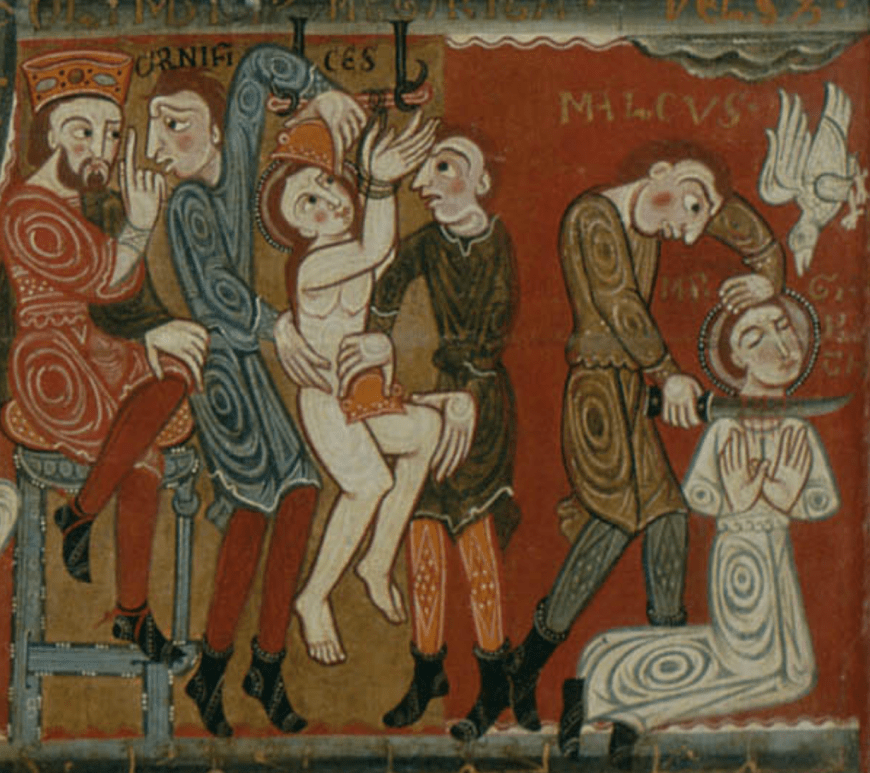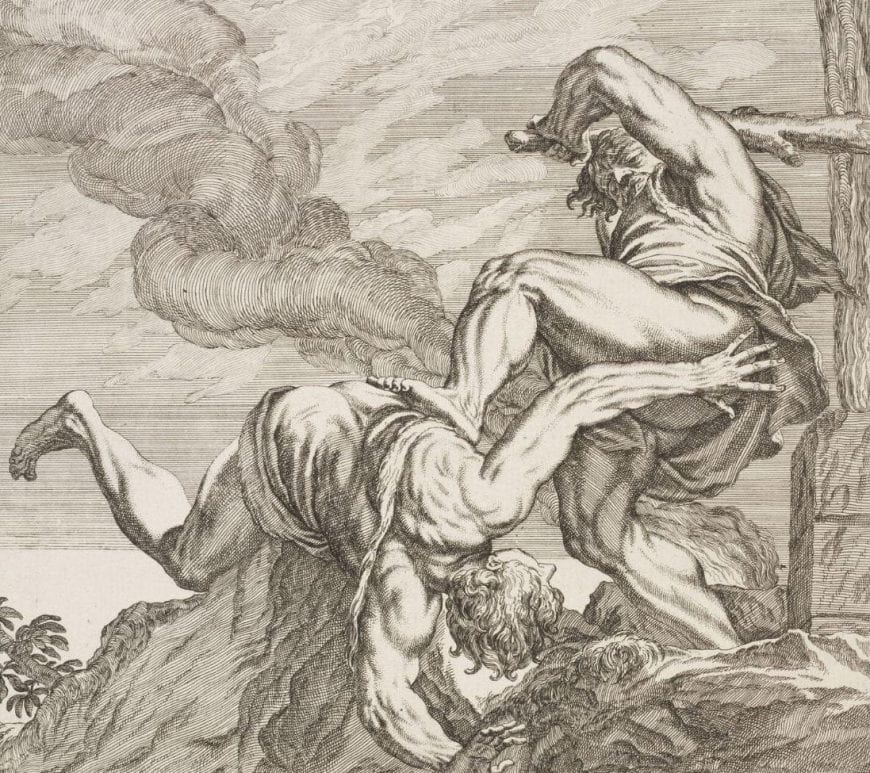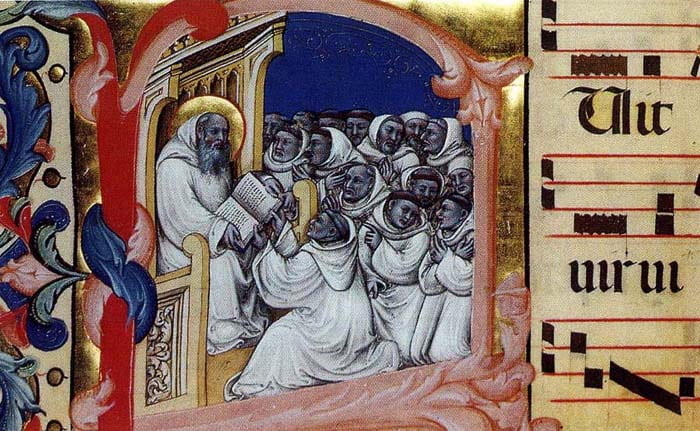
Is (St.) Margaret a Virgin?
Reading The Life of St Margaret is a trip. Throughout the story Margaret is tortured, kills a dragon, bludgeons a devil, causes an earthquake, and converses with holy doves before she is executed, and her severed head is carried to heaven as a reward for maintaining her virginity in the face of a prefect’s aggressive efforts to take it. However, the most implausible thing to me when reading this was…






